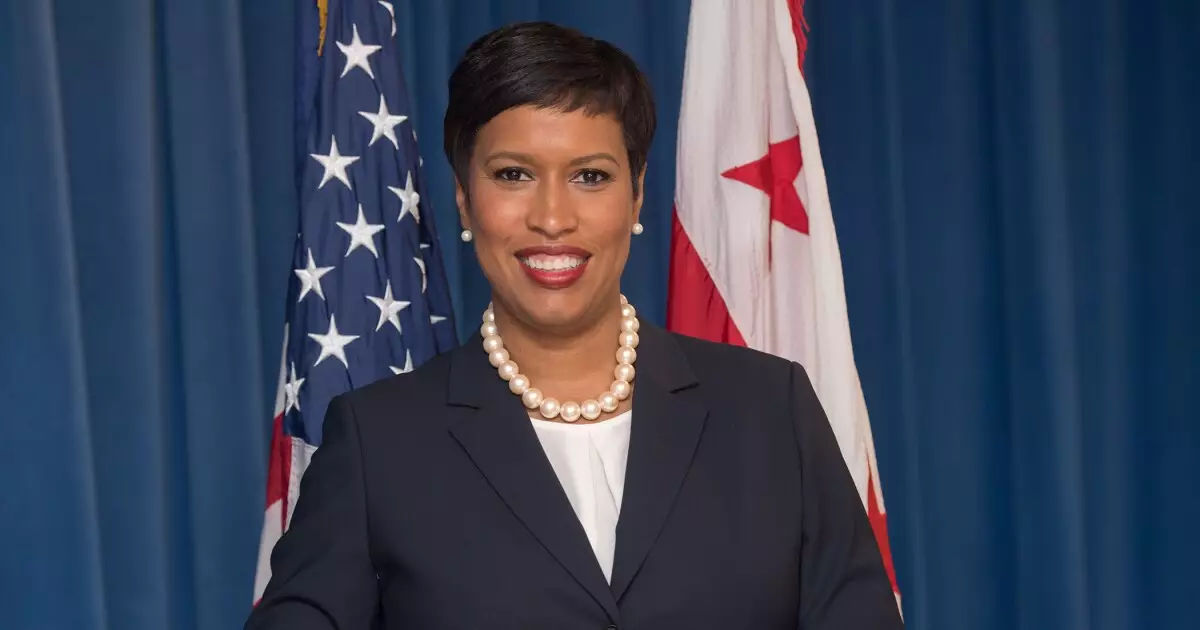In a significant move aimed at revitalizing Washington D.C.’s sports landscape, the City Council has allocated funding for a $515 million renovation of Capital One Arena, while also facilitating the necessary financial groundwork for the city’s baseball stadium. This dual approach illustrates a comprehensive strategy not just to upgrade existing facilities, but to create an ecosystem that promotes economic growth and enhances the vibrancy of local communities.
Mayor Muriel Bowser has positioned this renovation as a pivotal step in boosting the region’s attractiveness to visitors and event organizers. “By modernizing this key venue, we will not only attract more events and visitors but also stimulate local businesses,” she stated. This assertion speaks to an understanding that sports infrastructure not only serves athletes and teams but can also act as a catalyst for broader economic development through increased foot traffic and local spending.
Central to this initiative is a firm commitment to ensuring that the local economy benefits from these renovations. The agreement lays out ambitious hiring goals, mandating that 40% of contracts for the renovation be awarded to certified business enterprises, with a hopeful aim of reaching 50%. This focus on local procurement is critical as it promises to involve the community directly in the economic impacts of the project, thereby fostering a sense of ownership and engagement among residents.
As the renovation unfolds over the next three years, the creation of nearly 5,000 jobs highlights not only the immediate economic benefit of such a project but also the longer-term implications of workforce development. By integrating local labor and businesses into the construction and operational phases, the city positions itself to cultivate a skilled workforce that can take on future projects, reinforcing the community’s economic resilience.
Strategic Investment in Sports and Entertainment Venues
The decision to purchase the Capital One Arena from Monumental Sports & Entertainment for $87.5 million, followed by a lease arrangement that ensures the teams remain in Washington through 2050, indicates a polar shift toward strategic, sustainable investments. This plan deviates from previous attempts to relocate significant teams like the Washington Wizards and Capitals to a proposed $2 billion arena complex in Alexandria, Virginia, underscoring the City Council’s dedication to maintaining Washington D.C.’s identity as a sports town.
This strategic approach is complemented by revitalization plans for the nearby Gallery Place shopping mall, which had faced significant challenges during the pandemic. The renovation of both the arena and the mall suggests a coordinated effort to breathe new life into the Chinatown neighborhood, creating a venue that fosters community gatherings, sports enthusiasm, and diverse entertainment options.
In parallel with these efforts, the City Council has designed plans for a dedicated funding stream aimed at maintaining Nationals Park, home of Major League Baseball’s Washington Nationals. This proactive approach safeguards an arena built with hefty public investment—$783.5 million—thereby ensuring that taxpayers’ interests are protected while maximizing the park’s long-term functionality and appeal.
Moreover, the District is also pursuing control over the historic RFK Stadium, which could potentially lure back the NFL’s Washington Commanders. The stadium has a storied history as the former home of the Commanders and reflects the intertwined narratives of sports and community. However, gaining control over RFK Stadium is complex, as it would necessitate congressional action. Nevertheless, progress has been made, with recent legislative efforts initiatives paving the way for potential future redevelopment of the site into a mixed-use area that bolsters community life.
The renovation initiatives across these various sports venues paint a picture of a city that understands the multifaceted role of sports in urban life. More than just entertainment hubs, these venues have the potential to stimulate economic growth, provide local employment opportunities, and cultivate neighborhood identity.
The D.C. City Council’s ambitious funding plans for the renovation of Capital One Arena and other related projects underscore a broader vision of revitalization. By prioritizing local business participation, job creation, and strategic investment in communal spaces, Washington D.C. is laying the groundwork for a vibrant future that celebrates both its rich sporting history and its dynamic community spirit.

